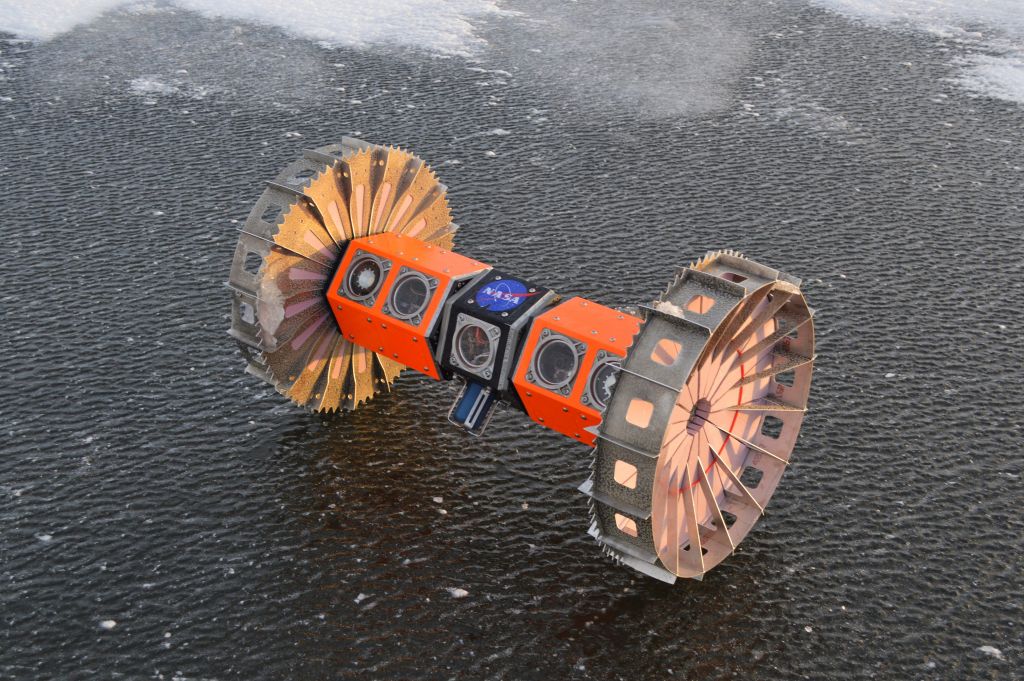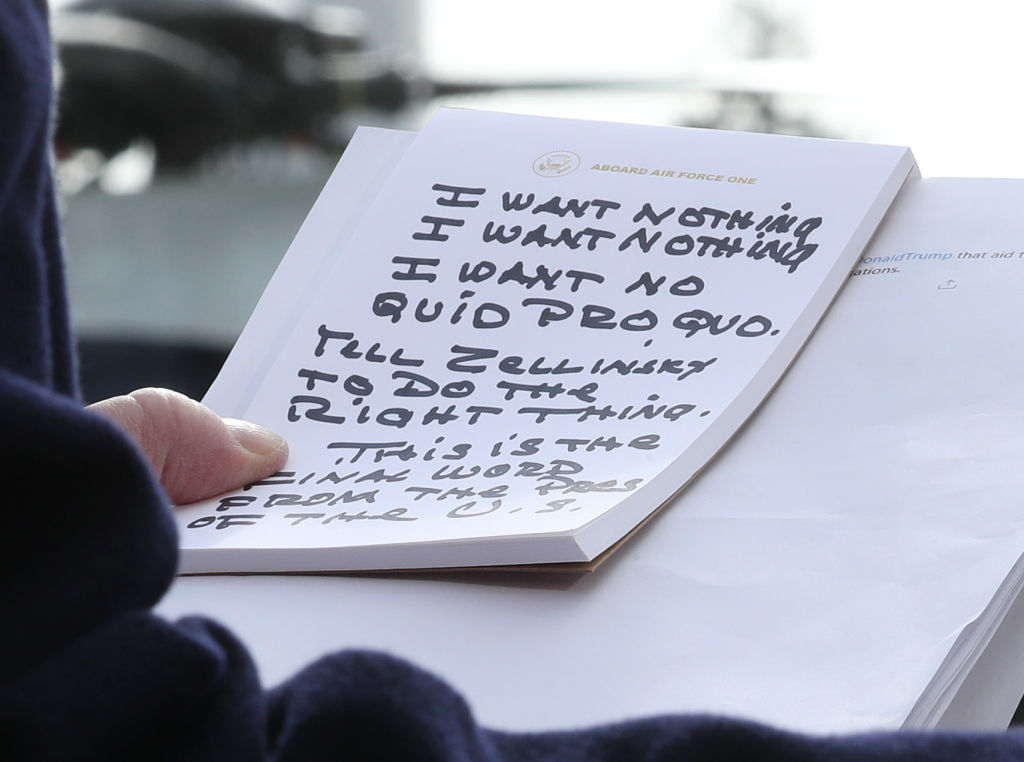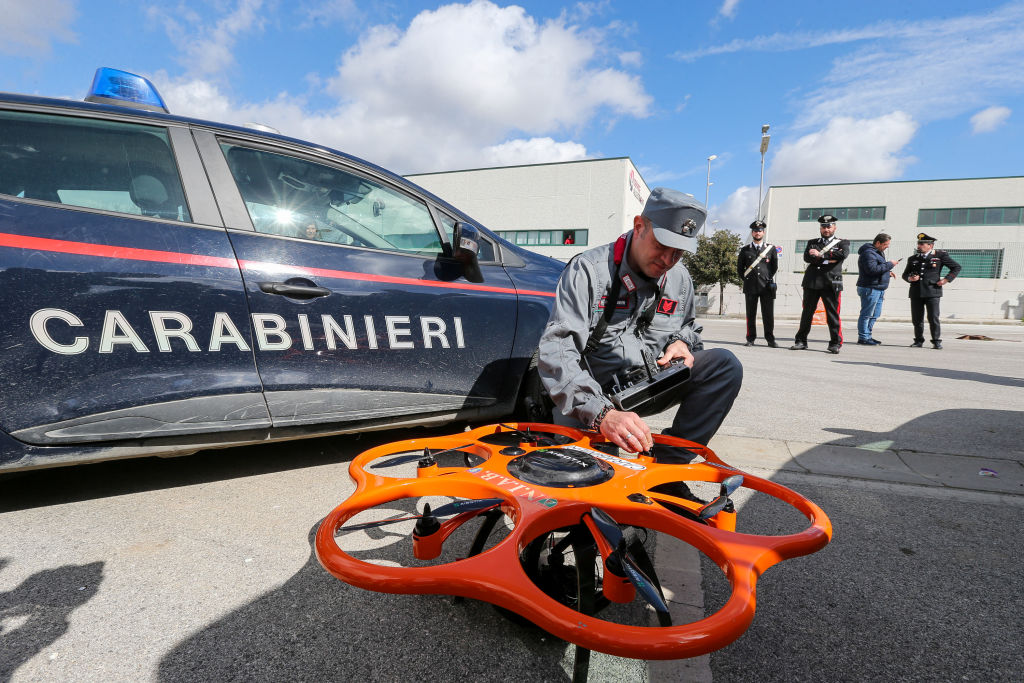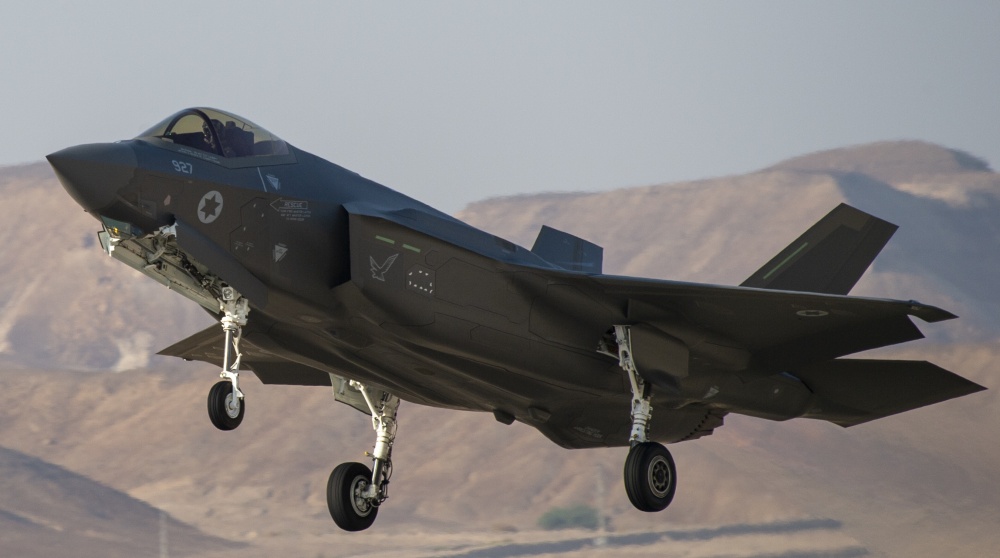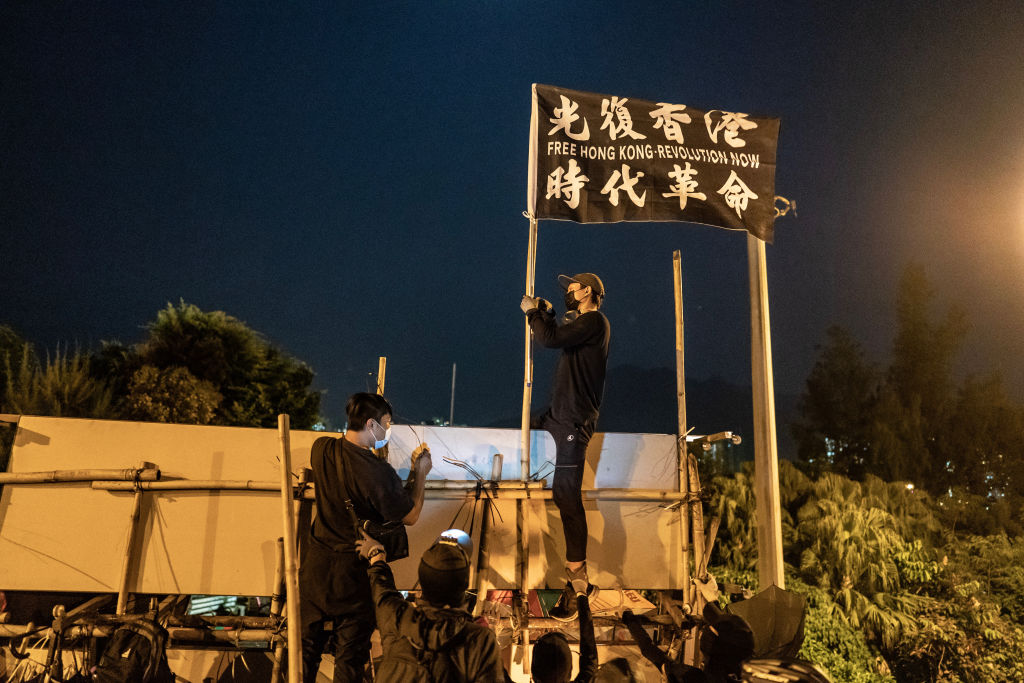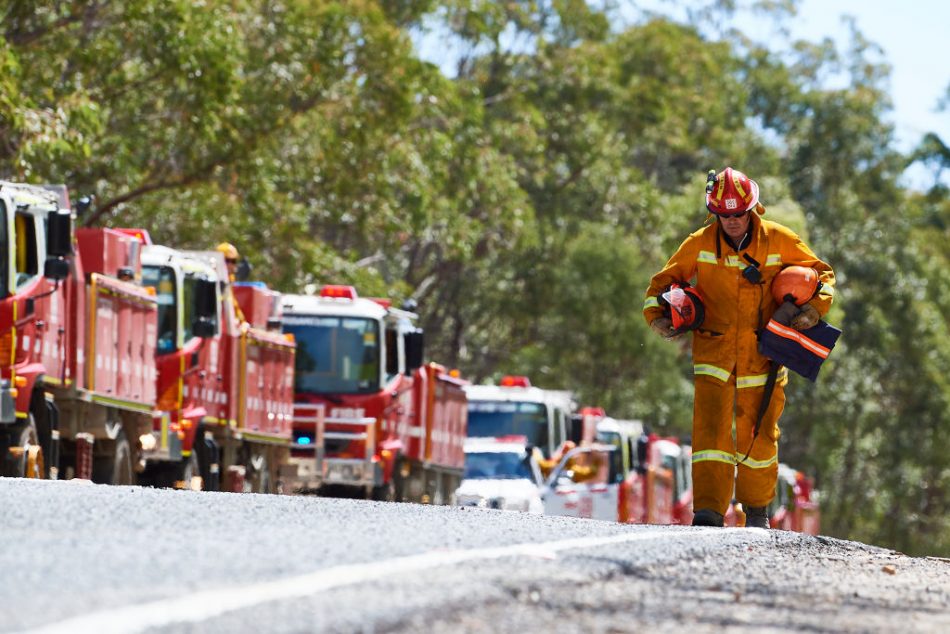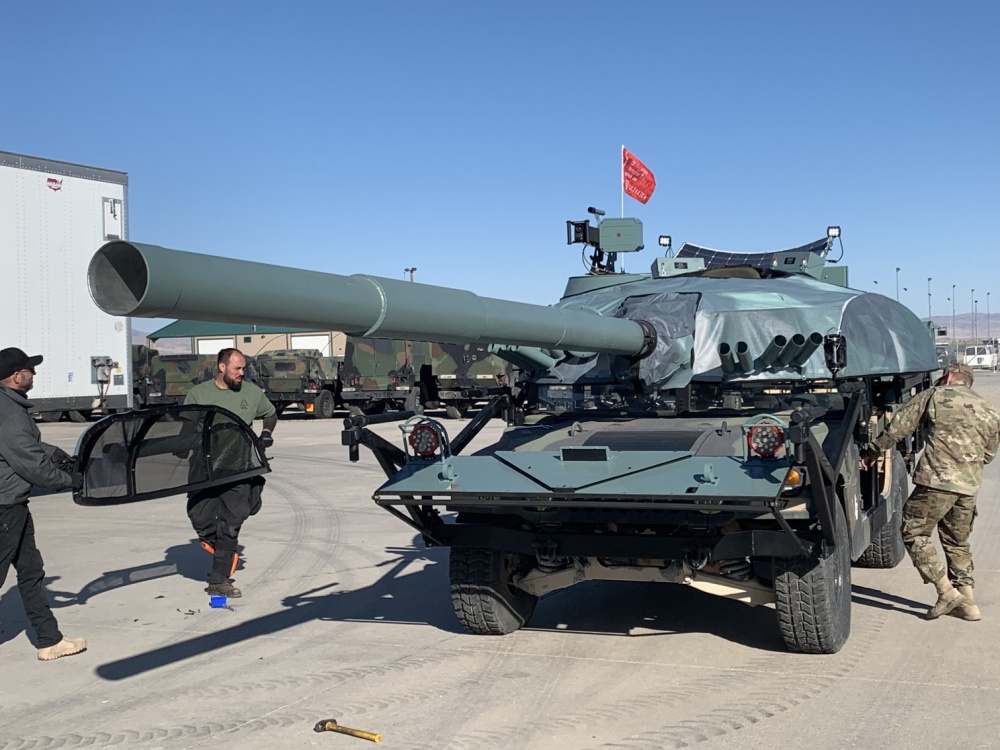National security wrap

The beat
Sri Lankan police barred from leaving the country
The chief of Sri Lanka’s Criminal Investigation Department has issued a directive to the country’s airports to prevent police officers from leaving without permission. The order came after the election as president of former defence minister Gotabaya Rajapaksa, who was being investigated for murder, corruption and war crimes. The move was apparently prompted by reports that Nishantha Silva, the chief police inspector investigating these allegations, had fled Sri Lanka and sought asylum in Switzerland.
Spanish police seize ‘narco-submarine’
Spanish police have recovered a submarine carrying 3,000 kilograms of cocaine, which had been scuttled in an inlet in northwestern Spain. Submarines are regularly used in South and Central America to traffic drugs, but this is the first known use of this method in Europe.
Police in Massachusetts trial K-9 robot
Massachusetts police have become the first in the US to test ‘Spot’, a robotic police dog designed by Boston Dynamics. The company initially leased the robot to the bomb squad for three months for testing, but it has already been used in ‘two unspecified, real-life incidents’. Boston Dynamics shared footage of the robot in action earlier this year.
Checkpoint
US expands ‘Remain in Mexico’ program
The US administration is expanding its ‘migrant protection protocols’ to Tucson on the Arizona–Mexico border, the last area not affected by the program. Under the policy, also known as ‘Remain in Mexico’, asylum seekers at the border will be transferred to El Paso, Texas, and then sent to Mexico while they wait for a hearing on their asylum proceedings in the US. Around 60,000 migrants have been returned since the program began in January.
Migrants rescued in English Channel
The British coastguard has intercepted a boat carrying 13 migrants in the English Channel. Authorities stopped the boat near Folkestone and brought the group, which included several children, ashore, before transferring them to a ‘specialist unit for individuals wishing to claim asylum’. The channel has seen a dramatic rise in crossing attempts during the past year, prompting increased security along the French coast and efforts to return migrants to France.
China sets up crisis centre near Hong Kong border
China has set up a crisis command centre near Hong Kong in an attempt to manage the current turmoil there. The facility is located on the outskirts of Shenzhen near the mainland border and is being used by officials to ‘plot strategy and issue instructions aimed at defusing the crisis’. Leaders of Hong Kong’s pro-democracy parties won more than 85% of seats in recent elections, and warned that they would pressure the government to accede to protesters’ demands.
CT scan
Europol disrupts IS propaganda
Islamic State’s propaganda machine has been dealt a serious blow by Europol, which has removed many of the group’s key actors from the Telegram messaging service. Well over 2,000 terrorist accounts and bots were removed from the platform. Pro-IS support groups have accused Telegram of partnering with Europol and are now arguing for the creation of an alternative platform, though none has emerged yet.
French soldiers killed when helicopters collide in Mali
Thirteen French soldiers were killed during an operation against jihadists when two helicopters collided in pitch darkness in Mali. It is the largest single loss of French troops since France intervened in the central African country in 2013, bringing the death toll to 38. There are 4,500 French soldiers stationed in Mali to conduct counterterrorism operations against IS- and al-Qaeda-affiliated insurgents and to train local forces.
Mexican drug cartels to be added to US terrorist list
US President Donald Trump has announced plans to designate Mexican drug cartels as foreign terrorist organisations. Experts have warned, however, that the gangs should not be ‘conflated with militants who seek political power’ because their primary goal is to make money. The move could provide a reason for US military incursions into Mexico, though Mexico’s foreign ministry has issued a statement saying it won’t tolerate any violation of its national sovereignty.
First responder
EU sends earthquake support to Albania
The EU is sending emergency help to Albania after a magnitude 6.3 earthquake hit the country on Tuesday. Nations sending disaster response teams include Greece, Croatia, Romania and Italy. Bosnia and Herzegovina has also expressed readiness to help in relief efforts, and Kosovo has allocated €500,000 (A$811,000) to provide emergency relief to victims of the quake. So far, 30 people are known to have been killed and hundreds have been injured.
Unseasonal rains cause deadly floods in Kenya
Unusually heavy rain has caused deadly floods and mudslides in West Pokot county, Kenya. At least 65 people have died and around 120,000 have been displaced. Emergency relief has been slow to reach the area and officials are urging communities to move to safer areas. Kenya Red Cross has cited weeks of record-breaking high temperatures in the Indian Ocean as the reason for the heavy rain, which has also affected Somalia, South Sudan and Djibouti.
Satellite data can reduce disaster response time
Researchers at NASA’s Goddard Space Flight Center have calculated the value of using satellite data in the event of a disaster. Using the 2011 Southeast Asian floods as a case study, the researchers found that near-real-time information on flooded roadways could have saved responders an average of nine minutes per emergency response. They could have also saved money, with a previous study indicating that around A$74 million could be saved over a year by reducing emergency response times by one minute per trip.

